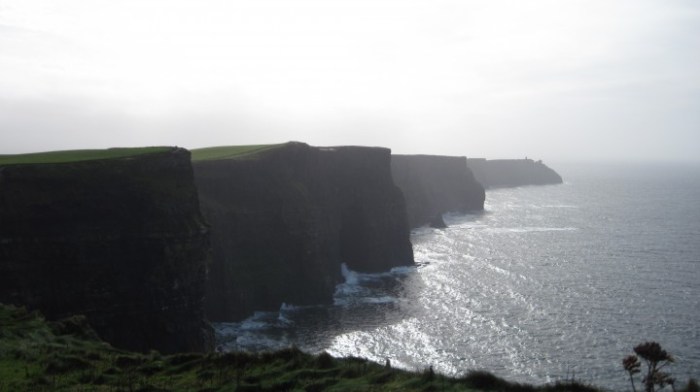Guest writer JoeAnn Hart’s recent post at Float Blog
During my son’s newborn assessment years ago, the pediatrician turned my rosy baby around in his hands like an experienced fruit vendor with a melon. “Look,” he said, as he placed the baby down on his side. “My favorite anomaly.”
Favorite anomaly? Anomaly, anomaly, anomaly. I couldn’t remember what it meant, and certainly not in relation to my baby boy. Atypical? Abnormal? That couldn’t be right. A mother wants a pediatrician to say it is the most normal baby he has even seen in the history of babies.
He tugged on my son’s ear. “There,” he said, “a gill.”
Dear god. A gill. It was only a small pinprick, as if he’d been born with a pierced ear, but this evolutionary tic was too high up on the ear rim for me to pass him off as a very hip baby. To make matters worse, in my family, the distinctive marker of infant beauty is related to how small and flat the ears are, so everyone looks at them first. I kept a tight little cap on him for months.
Scoot on up to the winter of 2013. Super Storm Sandy. Flooding. Powerful ocean surges. One extreme weather event after another, and the Atlantic succeeds in changing the coastline yet again. Adapting to drastic change may mean more than just picking up one’s shell and moving inland, for when a landscape changes, so do we. For most of the past 150 years, since Darwin first laid out the ground rules for natural selection, scientists assumed that humans had stopped evolving. They believed that with technology, medical advances, and culture, humans had become immune to evolutionary pressures. But no. Like all other living things on Earth, humans undergo genetic changes in response to conditions around them, passing beneficial adaptations down to their offspring. We are not exempt from the laws of nature. And the more extreme the pressures, the faster we will latch on to any mutation that might give an extra edge to our survival.
To continue reading, visit Float Blog



